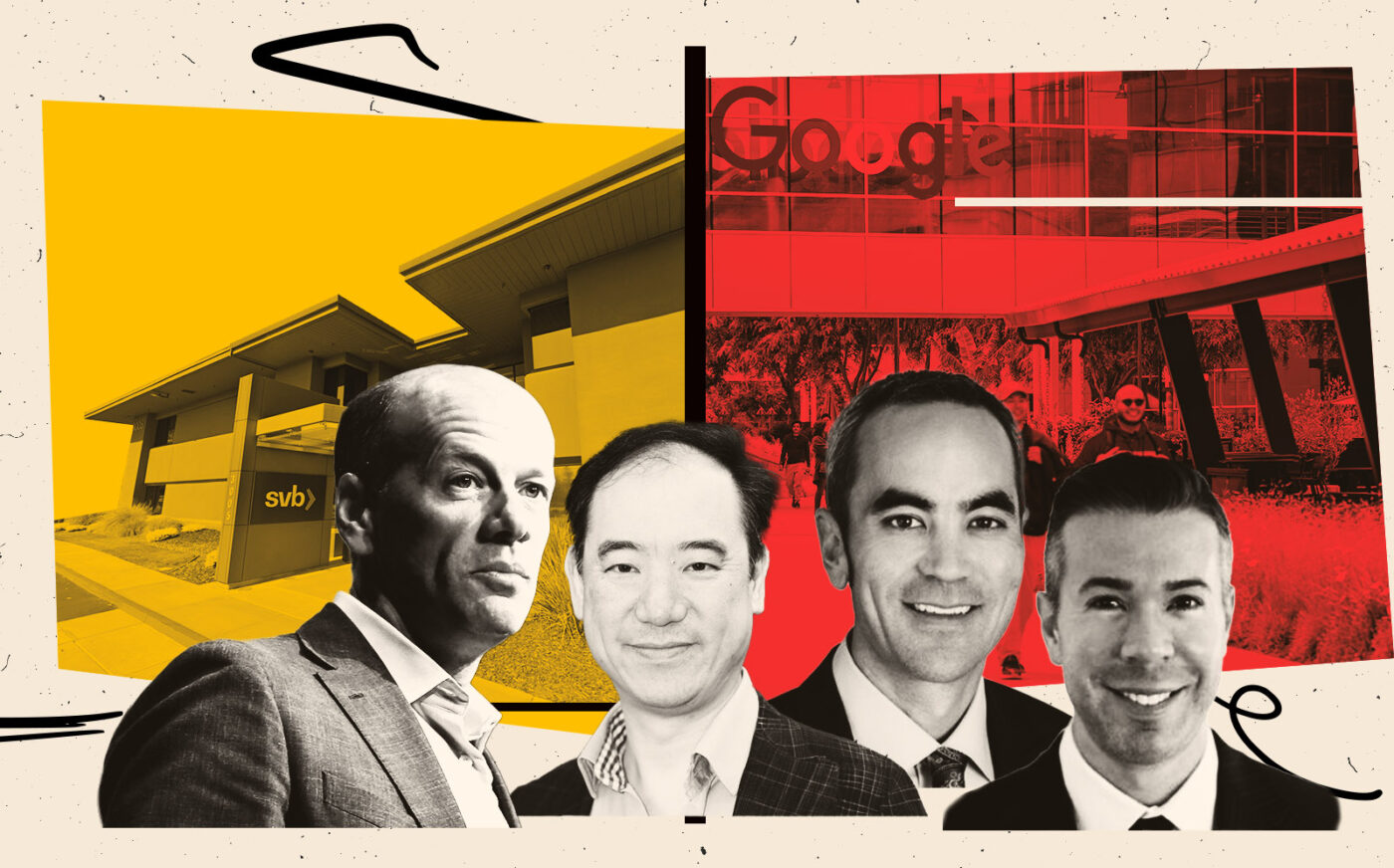 Veritas in default on $450M commercial loan
Veritas in default on $450M commercial loan
Trending
Buzziest Bay Area stories of 2023 circle around distress
Defaults and discounted buildings dominate TRD’s most-read posts this year

Financial distress headlines brought more Bay Area real estate readers to The Real Deal than any other topic this year, with stories on everything from defaults to discounted commercial sales ranking among the most popular in 2023.
Here are some of the “buzz worthy” stories of the last year:
Veritas Debt
In January, the news of Veritas’ default on debt for nearly $1 billion in San Francisco apartment buildings kicked the new year off with a bang and led to a slew of stories following up on what would happen next for the city’s largest landlord. Veritas attempted to buy back its own debt on the larger of the two portfolios of apartment buildings, which together account for one-third of its San Francisco multifamily holdings.
Eventually, the properties were sold off in two deals: $800 million in loans backed by 75 buildings with more than 2,100 units went to Ballast and Brookfield, while another $124 million in debt backed by 20 buildings plus a vacant lot went to the Prado Group, which took ownership of the properties late last month.
Bank debacles
In March, a run on funds at two local lenders — Silicon Valley Bank and First Republic — had readers straining to see what the fall out would be for the real estate sector. Many in the industry thought that First Republic might be able to keep its doors open, with agents calling it “one of the main arteries for the tech world, and the rich” and an essential partner to the multifamily industry. But by the end of April, it was seized by the federal government and its assets sold to JP Morgan Chase.
Silicon Valley Bank was acquired by First Citizens Bank and was recently reported to have been close to a deal on new office space in the South Financial District.
Downtown discounts
Later in the spring, attention turned to several downtown office sales that ended up setting the new floor for commercial space in the city, with massive discounts and mostly local buyers using private money to finance the deals. Peninsula Land and Trust bought 550 California Street for $40 million, a mere $120 per square foot, 60 percent less than what Wells Fargo paid for it in 2005. SKS and Swig came together to buy 350 California from Mitsubishi UFJ Financial Group, for $61 million or $205 per square foot, a 75 percent discount from what the Tokyo bank had asked for in 2020.
60 Spear Street in the South Financial District also changed hands at a steep discount. New York-based Clarion Partners sold the building for just under $41 million — or about $250 per square foot — to San Francisco-based Presidio Bay Ventures this summer. Clarion had purchased it for more than double that amount in 2014. At the end of the year, TRD broke the news that 115 Sansome had sold at a major discount, but ended up in the hands of the same ownership after a short sale by Bank of America. Vanbarton Group paid around $35 million cash to buy the building outright, after paying $83 million for it in 2016.
California Forever
At the end of the summer, news broke that Silicon Valley tech billionaires were behind a land buying spree in Solano County. By the time their identities were uncovered, they had amassed $800 million in farmland purchases around Travis Air Force Base over the last five years. Dubbed “California Forever” by parent company Flannery Associates, the decades-long development plan would turn over 60,000 acres of farmland into walkable mixed-use communities powered by its own solar array.
But the development faces an uphill battle with both locals and environmentalists citing their concerns. Flannery is currently undergoing a series of town hall forums on the project, with a ballot measure that would be a first step towards its approval planned for November 2024.
Google backpedal
Along the same lines, readers were also very interested in Google’s possible development of farmland near its corporate headquarters in Mountain View, which it got the rights to lease after a long holdout from the Molinari-Martinelli family.
In February Google also hit pause on its massive Downtown West development in San Jose. In November, Lendlease walked away from a $15 billion plan to build four mixed-use neighborhoods in San Jose for Google, with the Australian developer saying that the “existing agreements are no longer mutually beneficial given current market conditions.”
The decision could push that development back by a decade or more.
Celebrity homes
While most of the buzziest stories this year were about financial distress or or bid developments, a few residential stories with a celebrity focus broke through as well. Readers were fascinated by the sale of a Palo Alto home for $12 million in April, not so much because of the house itself but its notable neighbor: Mark Zuckerberg. The legal battle over the late Sen. Dianne Feinstein’s real estate portfolio was also a popular read, as was the quick sale of Julia Roberts’ Presidio Heights home for $11.25 million in October.
As the year came to a close, the city’s luxury market finally started to wake up from its year-long slumber, with nearly half of the approximately of the sales for $8 million and up taking place since September and several more in contract. Three of those sales were on one of the city’s only private streets and took just weeks to find buyers, even with prices up to over $16 million.
Read more
 Veritas in default on $450M commercial loan
Veritas in default on $450M commercial loan




